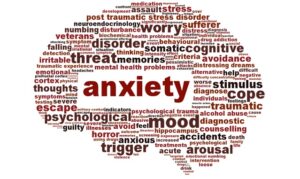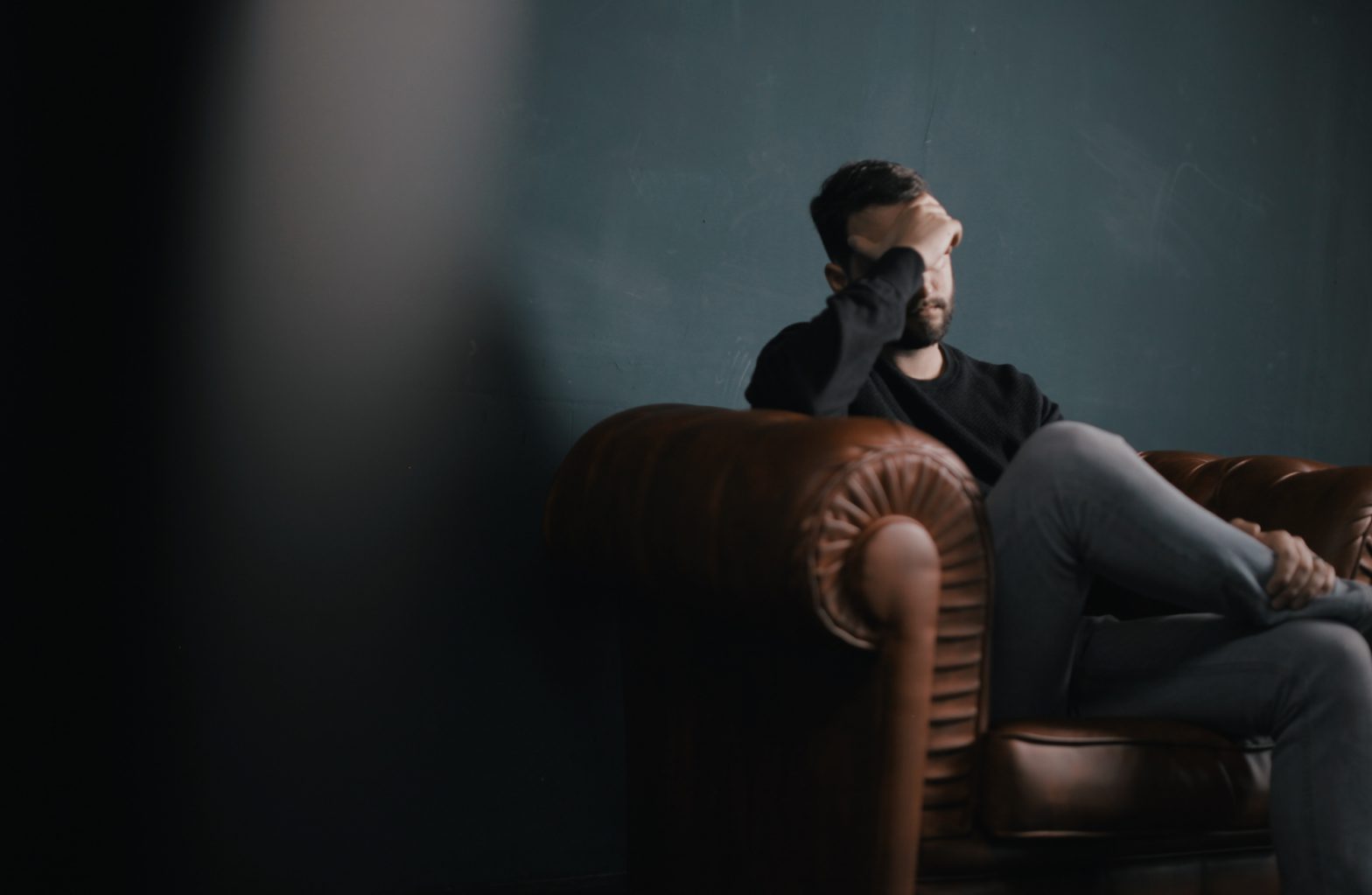
‘Anxiety’, we hear this word so much today, ‘stress’… ‘worry’… ‘anxiety’… How often do we use these terms? Especially in the fast paced Northern Beaches. But do we really know what anxiety is, and can we recognise the difference between stress and worries, and anxiety?
Anxiety is currently the most common mental health issue in Australia, with one in seven people experiencing anxiety in a given year (Australian Bureau of Statistics, 2007). The occurrence of mental health illnesses in Australia has been increasing over the last twenty or so years, and we have no reason to believe it has stopped.
What do we know?
We know quite a bit about anxiety, we have knowledge on the best treatments and more and more research is being conducted every day. We know you are more likely to be affected by anxiety if:
- You are under the age of 35
- You are a woman
- You have a different mental health concern (especially depression)
- There has been a recent negative significant incident in your life
What is anxiety?
Anxiety is more than just worry or stress. Anxiety is the ongoing and persistent worry that affects day-to-day functioning and quality of life. Most of the time the fears themselves snowball into irrational/illogical proportions. The anxiety can be specific to certain situations or things (e.g. large crowds, public speaking, needles, animals), or can be across many/all aspects of life. In anxiety, the magnitude of the response (e.g. sweating, shaking, feeling hot and flushed) does not match the level of the situation (e.g. walking past a dog).
For some people anxiety occurs only once, and with help it is reduced and never fully experienced again. Some people will experience it occasionally, with periods of ‘calm’ in between. For others it may be more ongoing, with greater levels of support required.
The tricky thing about anxiety is not everyone ‘knows’ that the fear may not make logical sense. Perhaps to you it is perfectly justified… if you forget to turn off a power point, the house will catch fire, it will burn completely down, the insurance will not cover the cost, your family will be homeless…. Sound familiar?

How do I know if I have anxiety?
You should seek professional help if you experience 3 or more of the following symptoms, consistently or on-and-off, for a prolonged period of time (weeks to months):
- Physical
- Tight chest/shortness of breath
- Rapid breathing
- Excessive sweating
- Dry throat/mouth
- Feeling tense, edgy, easily irritable
- Hot and cold flushes
- Psychological/Emotional
- Feeling of fear or panic
- Excessive worrying – unable to ‘put it’ from your mind
- Obsessive thinking
- Catastrophizing – believing the worst will happen
- Consistently feeling emotionally ‘frayed’, unable to cope or feeling overwhelmed
- Behavioural
- Going out of your way to avoid situations or circumstances
- Trying to ‘control’ the situation – having to know every possible thing that may happen/asking every possible question/I can only go if this, this and this happens.

When faced with anxiety, some handy tips:
- Focus on slowing down your breathing and making sure you are breathing out. Count your breath in, and then out, to the count of three.
- Try distraction, ‘think of a few of your favourite things’ or what you will be having for dinner?
- Pick something tangible and focus on it, a watch, ring etc.
- Try a progressive muscle relaxation exercise by progressively clenching/tightening and then relaxing all the different muscles in your body. For example, clench your fists into a ball for a couple of seconds, then release. Try this multiple times on different body parts.
- As previously mentioned, seek professional help.
Okay, so now what?
As outlined previously, anxiety is very common, but very treatable! While this creates a need for awareness it also means that help can be found. Whilst medication can be helpful most health professionals would agree on a ‘least intervention first’ approach. There are some very effective therapies available. Particularly Cognitive-Behavioural Therapy (CBT), which is a targeted evidence-based therapy that addresses the thoughts and ‘cognitions’ of the anxiety, and ‘behavioural’ mechanisms that feed into and maintain anxiety.
What to look for in a professional?

Someone with experience treating anxiety disorders, who can adapt the therapy to suit you and your specific worries. Someone like me, Nicola George. I am a highly experienced Psychologist with over 18yrs clinical experience working in mental health settings, alongside other Psychologists, Psychiatrists, Doctors, Nurses and Social Workers. Now working in private practice based at the BPsych Clinic in Mona Vale, I specialise in using CBT and offer a warm and friendly, confidential counselling service. I can also offer both Medicare and Health Fund rebates. If you or anybody you know can relate to this article and would like to seek professional help, please visit my website; www.northernbeachespsychology.com.au or Contact me on; 0410 235 030 if you have any questions or would like to book an appointment and get on the road to happiness!

